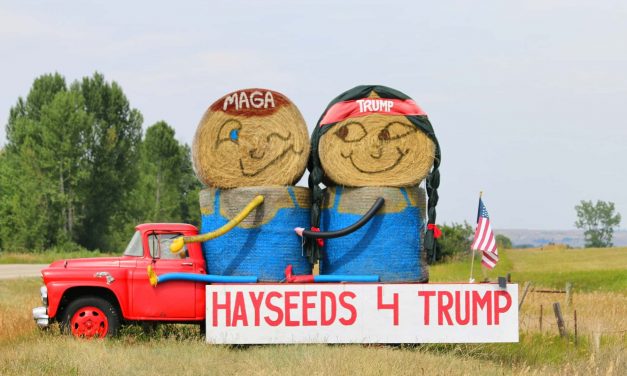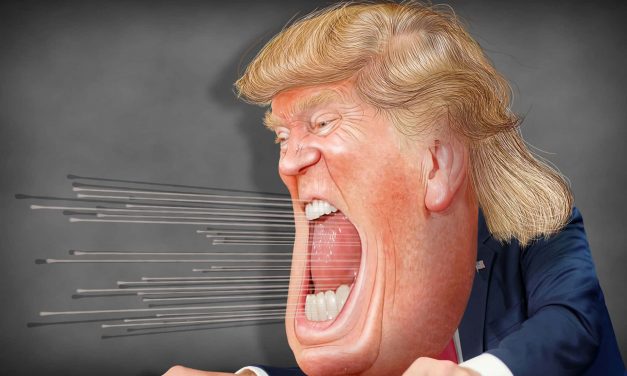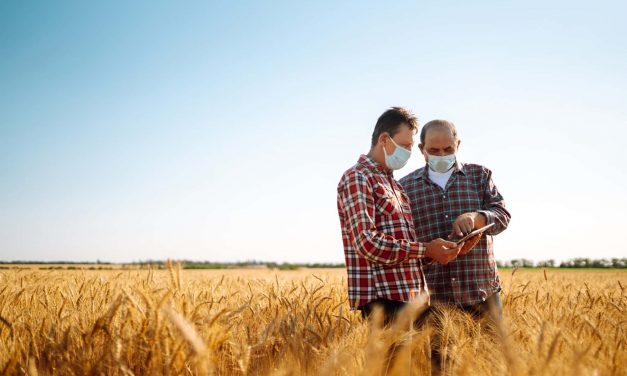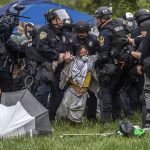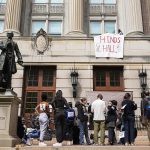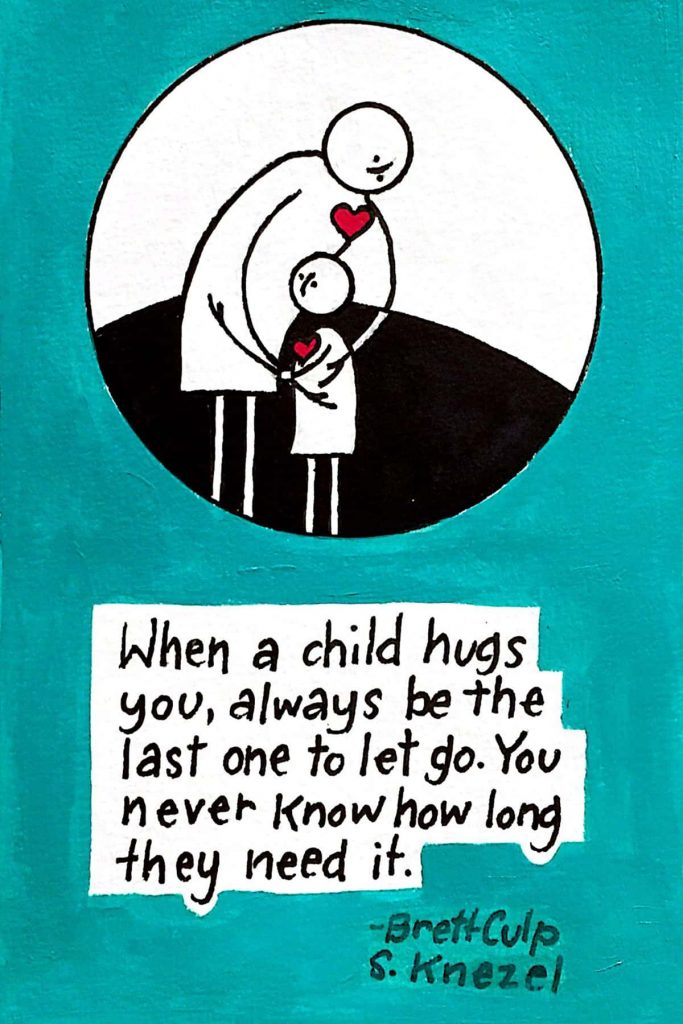How the message of “law and order” relies on a historic tradition of American racism
By Austin Sarat, Associate Provost and Associate Dean of the Faculty and Cromwell Professor of Jurisprudence and Political Science, Amherst College The Republican Party made it clear in its national convention that it intends to make restoring “law and order” central to this fall’s presidential campaign. As he did when he first ran in 2016, President Donald Trump highlighted law and order in his 2020 acceptance speech. “Your vote,” Trump said, “will decide whether we protect law-abiding Americans and whether … we will defend the American way of life or allow a radical movement to completely dismantle and destroy...
Read More

